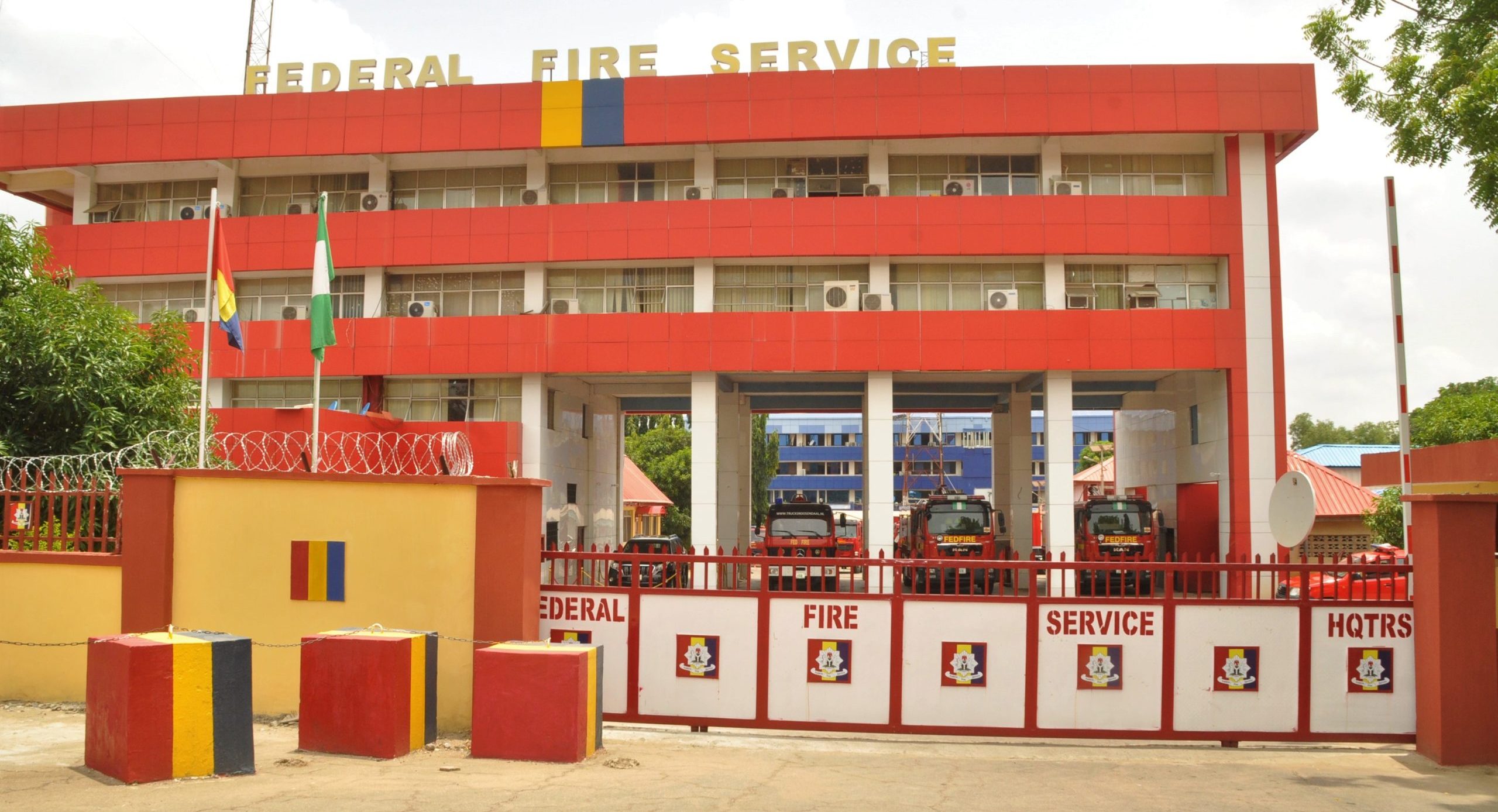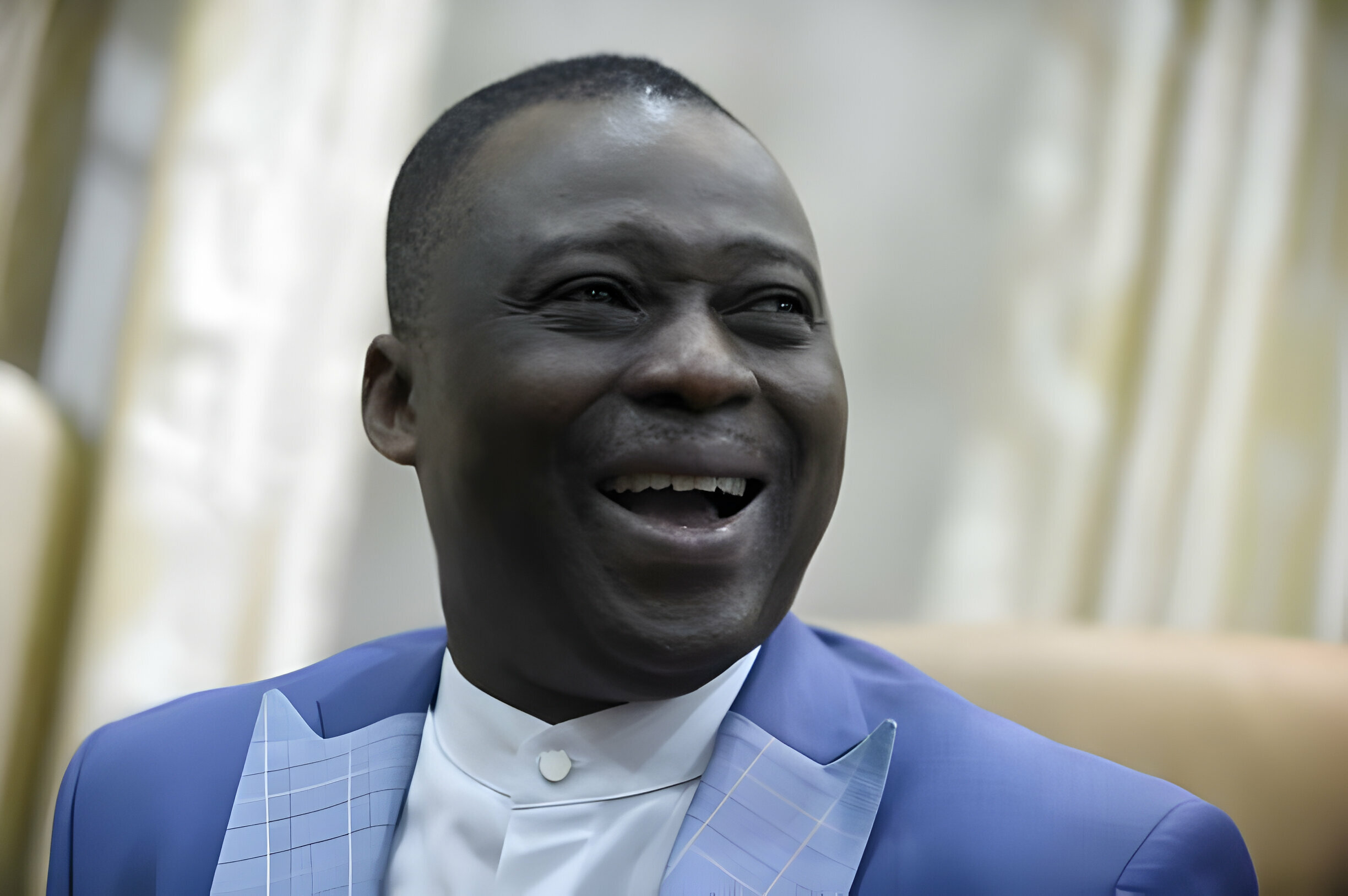Consul General of France in Lagos, Laurent Favier, has said that from January to September 2025, French startups raised six billion euros, particularly in strategic industries such as Artificial Intelligence, Health tech, and green innovation.
He said the French startup ecosystem has grown from three unicorns in 2017, driven by the dynamism and momentum of President Macron, although at that time he was responsible for technology before becoming president. He stated that the country will have 26 unicorns by 2025.
Favier made this statement on Monday in Lagos at the startup summit and pitch tournament organised by the Franco-Nigeria Chamber of Commerce and Industry (FNCCI), as part of efforts to mark its 2025 French Week.
According to him, Nigeria is currently one of Africa’s leading tech powerhouses, describing it as one of Africa’s big four, alongside Kenya, Egypt, and South Africa.
He said: “I must stress as well that I am very impressed by the entrepreneurial spirit in Nigeria, and especially among the youth.
“In the tech sector, as always, it is true, but it is true in France as well. It’s one of the reasons why France and Nigeria are united together to deepen and strengthen this particular relationship we have between our two countries, and tech is one of the examples.”
He mentioned that Nigerian startups raised over $400 million last year. “This is amazing, and this cannot be a coincidence. This is what is called energy,” he said.
He mentioned that the six billion euros generated by French startups represents a tenfold increase from five years ago, which reflects a strong culture of innovation, significant public and private investment in innovation, and a deep commitment to technological sovereignty.
He said last week, the 2025 French Tech 2030 cohort was announced, highlighting 80 French companies developing high-impact strategic technologies in artificial intelligence, cybersecurity, quantum computing, robotics, space technology, and advanced industrial systems.
He noted that these companies exemplify a vibrant and determined ecosystem, focused on global competitiveness, long-term innovation, and sustainable development.
“So to me, it becomes obvious. We have two major powerhouses, one in Africa, one in Europe, and it makes sense to build bridges.”
Director, Technology and Digital Consulting, Forvis Mazars, Fiyinfolu Okedare, said Africa isn’t catching up to the world; the world is catching up to Africa.
Okedare mentioned that five years ago, African startups were local dreams. Today, these startups process over $100 billion in transactions annually, operate across more than 30 countries, and are valued in the billions.
He said, “What do mobile money in Kenya, fintech in Nigeria, and agritech in Ghana have in common? They have turned local solutions into global platforms, leapfrogging traditional systems entirely.”
He mentioned that the African Continental Free Trade Area (AfCFTA), combined with advances in digital infrastructure, is fostering unprecedented opportunities for cross-border commerce and positioning Africa as a competitive player in global supply chains.
He said African innovation is not just participating in global value chains; it is actively reshaping them.
Chief Executive Officer, BusinessFront, Muyiwa Matuluko, said Africa has demonstrated its ability to lead in terms of technology and innovation.
He advised that both storytelling and perception are important for startups emerging, stating that a lot of work needs to be done from both angles.
Five startups pitched their products, namely Betapawa, Runteller, Brydge, Scrub, and Optimus AI Labs. Bryde startup emerged as the winner, offering products that leverage technology across different payment channels in Africa for cross-border payments.






